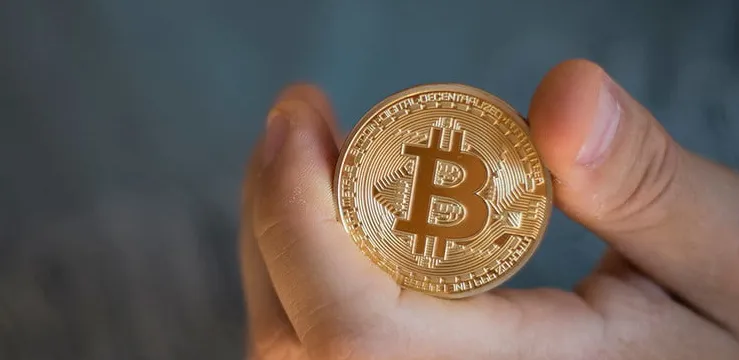|
Getting your Trinity Audio player ready...
|
You’ve probably heard this countless times before: Africans are turning to crypto to escape the high fees that banks charge them. Many reports have indicated that the number one reason cryptos are becoming popular in Africa is as an alternative financial service. This is partly true. Cryptos are helping millions of Africans find a cheaper and faster alternative to legacy money transfer services. However, surprisingly, Africans are using cryptos more for trading and speculative reasons than for transacting.
As has been well documented, Africa is the most under-banked region in the world. According to the World Bank, 66% of Africans remain unbanked, the highest such proportion in the world. Due to this, the crypto gospel has found a fertile ground in the continent. Services such as Bitpesa, Centbee and Wala have been standout successes, utilizing cryptos to give their users seamless financial services platforms.
However, a majority of Africans aren’t looking at cryptos to make payments and for remittances. Instead, they are using it for speculative purposes. I recently had a talk with Eugene Madondo, an executive at Coindirect, a crypto exchange that operates in several African countries including South Africa and Kenya. According to him, a majority of Africans are using cryptos to trade and in some cases, diversify their investment portfolios. Whenever crypto prices increase ever so slightly, the activity on African crypto exchanges rises significantly. This indicates that a huge chunk of Africans who hold cryptos use them to trade.
Madondo’s observation is supported by the number and distribution of crypto payment options in the continent. In Kenya, the number of retailers that process crypto payments are just a handful. Those that have continued to accept crypto payments even during the crypto winter have also seen the numbers reduce by huge proportions in the past year. Betty’s Place, a restaurant located 150 kilometers from the capital Nairobi, has been one of the standout cases. The proprietor, Beatrice Wambugu, has received global recognition for not only accepting cryptos, but for conducting seminars where she teaches about cryptos and blockchain technology.
Kenya also presents a unique challenge for crypto payments. The country is the birthplace of M-Pesa, a mobile payments service that is used by over 75% of the adult population in the country. The service processes transactions in less than five seconds. Agents who facilitate the payments can be found in even the most remote locations. On the other hand, Bitcoin Core (BTC) transactions take upwards of 10 minutes on average. Sometimes, they can take up to 45 minutes. This makes paying in BTC unrealistic for most Kenyans. There are some blockchains that are much faster, such as Bitcoin SV, which processes transactions in a few seconds. Ripple’s XRP and Dash are also fast; however, merchants accepting these cryptos aren’t as popular as BTC merchants.
Nigeria has done a bit better than Kenya. In the West African country, the number of stores that accept cryptos is a bit higher. In a conversation I recently had with Nathaniel Luz, an executive at Dash Nigeria, he revealed that more crypto enthusiasts are choosing to pay in cryptos. Dash Nigeria is an advocacy group that lobbies for the adoption of Dash cryptocurrency. However, Luz told me that the numbers are still quite low, with many crypto users deciding to hodl until their tokens hit peak prices again.
It’s still not a lost cause. Cryptos are making inroads in the continent that has traditionally lagged behind in terms of adoption. With the use of smartphones and internet penetration increasing with each passing day, cryptos will continue to become popular and in due time, they could become the predominant transactional method in Africa.
https://www.youtube.com/watch?v=gBb9FSxfyVs

 07-11-2025
07-11-2025 





